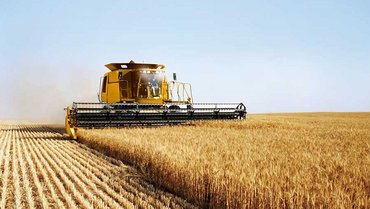Real-time NIR spectrometer for inline Quality Control
Quality control and testing of raw materials and end products are essential in the manufacturing industry. The decisive advantage of process analytics is the automated real-time control of production processes. In addition, to ensure consistent product quality, the production process is monitored and optimized.
Near-infrared spectroscopy (NIRS) application areas range from food production and agricultural applications to the chemical and pharmaceutical industries, petrochemicals, biotechnology, polymer production, and plastics sorting in recycling operations. Inline process analysis with NIR aims to improve product quality, increase efficiency, reduce energy costs, and reduce the environmental impact of using chemicals in the laboratory environment. NIR spectroscopy is helpful in all phases of the production process: from the inspection of raw materials to the monitoring of manufacturing processes and the quality assurance of manufactured products. Therefore, Polytec demands that its spectrometer systems must adapt to the respective products and the existing production facilities - and not vice versa. Flexibility and customer-oriented solutions are the focus of Polytec’s process spectrometers, so we can also find the optimal control system for your analysis needs.
Polytec's NIR systems with fiber-coupled measuring units offer the advantage of being used directly in the production area and with pinpoint accuracy. This avoids the spectrometer being exposed to unfavorable production conditions, such as temperature fluctuations, high humidity, and the effects of dust and dirt. With the small and compact measuring units, measurements can also be taken at production points that are difficult to access. Use in Ex-protected areas are simplified and made more cost-effective by the separation of the measuring unit and spectrometer.
Various measuring units are available, for example for non-contact analyses above conveyor belts or endless tracks as well as contact sensors which are mounted directly in pipelines, collection containers or storage vessel.
Common applications in process control include monitoring homogeneity, separation or mixing processes, chemical-physical reactions and quality control of intermediate and end products. Product-relevant parameters such as moisture, fat content, dry matter, protein content or pH value are determined with one measurement and allow prompt adjustments of production conditions to minimize fluctuations in product quality and avoid faulty batches and rejects.



